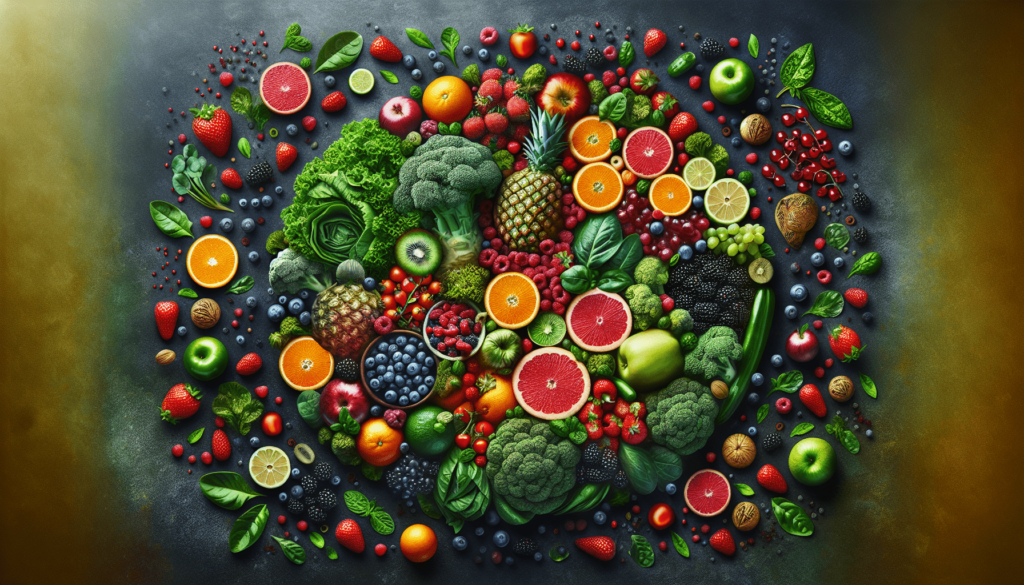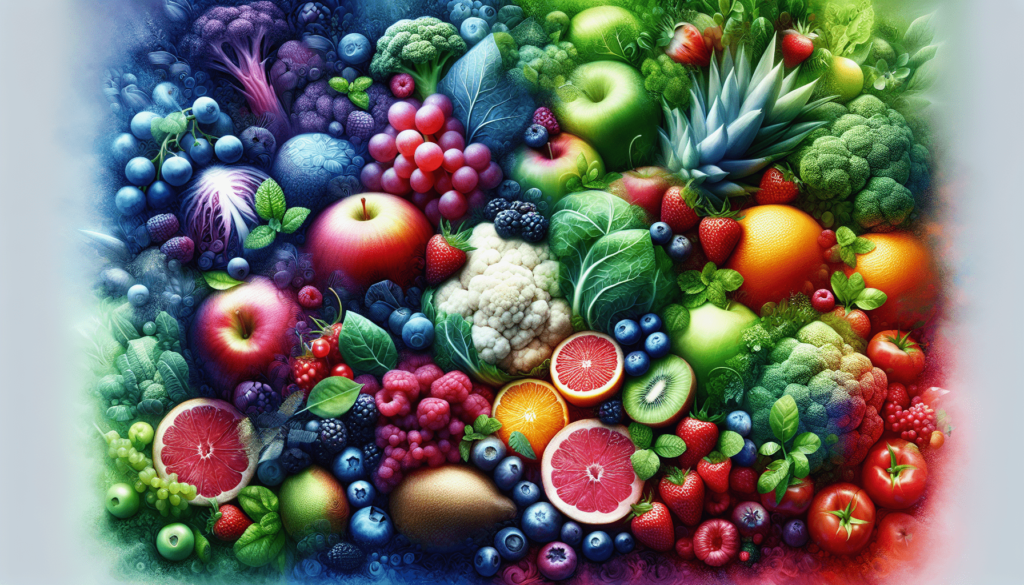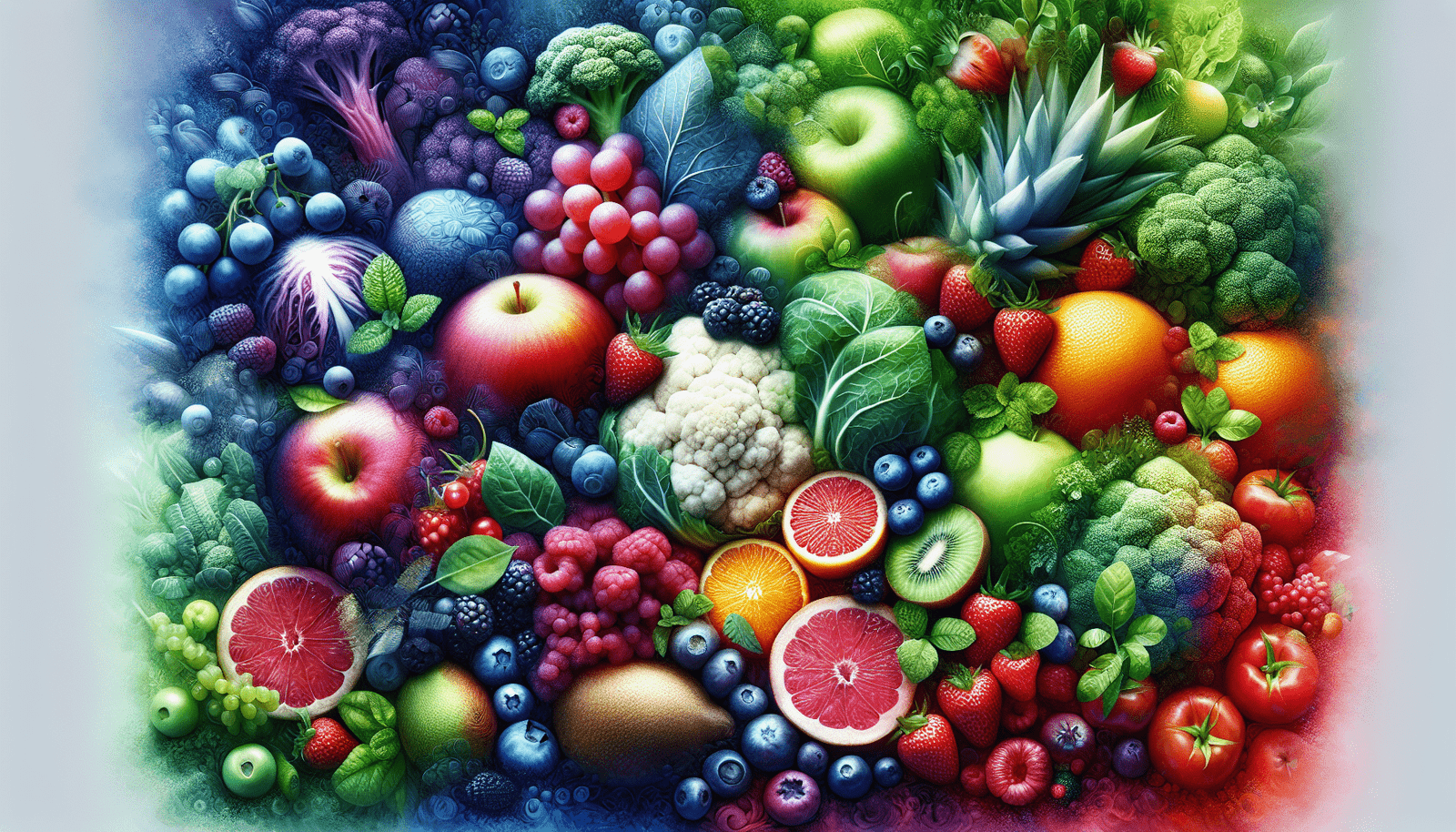Welcome to an informative article all about foods that can help support your journey to recovery! In this article, you will learn about the healing properties of various foods that can provide your body with the nutrients it needs to thrive. From fruits and vegetables packed with vitamins and antioxidants to whole grains and lean proteins that can aid in muscle repair, you will discover a variety of options to incorporate into your diet as you work towards feeling your best. Stay tuned to learn more about the road to recovery through the power of healing foods. Did you know that the foods you eat can play a significant role in your body’s ability to heal and recover from illness or injury? Your diet is crucial for providing your body with the nutrients it needs to repair itself and stay healthy. In this article, we’ll explore the road to recovery through the power of healing foods.
Importance of Nutrition in Recovery
Nutrition plays a vital role in your body’s ability to recover from illness, injury, or surgery. Eating a well-balanced diet provides your body with essential nutrients, vitamins, and minerals that are necessary for healing and overall health. By fueling your body with the right foods, you can boost your immune system, reduce inflammation, and accelerate the healing process.
Foods that Boost the Immune System
A strong immune system is essential for fighting off infections and speeding up the recovery process. Certain foods can help boost your immune system and provide your body with the necessary tools to stay healthy and heal more efficiently.
Citrus Fruits
Citrus fruits such as oranges, lemons, and grapefruits are rich in vitamin C, which is known for its immune-boosting properties. Vitamin C helps stimulate the production of white blood cells, which are crucial for fighting off infections and diseases. Incorporating citrus fruits into your diet can help strengthen your immune system and aid in the recovery process.
Garlic
Garlic is not only a flavorful addition to your meals but also a powerful immune booster. It contains a compound called allicin, which has antimicrobial properties that can help fight off bacteria and viruses. Adding garlic to your dishes can provide your body with an extra layer of protection and support your immune system during the recovery phase.

Anti-Inflammatory Foods
Inflammation is a natural response by your body to injury or illness, but chronic inflammation can have negative effects on your health and slow down the recovery process. Including anti-inflammatory foods in your diet can help reduce inflammation, alleviate pain, and promote healing.
Turmeric
Turmeric is a spice known for its anti-inflammatory properties due to its active compound, curcumin. Curcumin has been shown to help reduce inflammation and pain, making it a valuable addition to your diet during the recovery phase. You can add turmeric to soups, curries, or smoothies to reap its benefits and support your body’s healing process.
Berries
Berries such as blueberries, strawberries, and raspberries are rich in antioxidants, which can help reduce inflammation and protect your cells from damage. Antioxidants work by neutralizing harmful free radicals in the body, which can contribute to inflammation and disease. Including a variety of berries in your diet can provide your body with powerful anti-inflammatory compounds that support the recovery process.
Foods for Energy and Vitality
During the recovery phase, your body requires extra energy and nutrients to repair damaged tissues and regain strength. Eating foods that are rich in vitamins, minerals, and protein can help fuel your body and provide you with the energy you need to recover fully.
Lean Proteins
Protein is essential for tissue repair and muscle recovery, making it a crucial nutrient during the healing process. Lean proteins such as chicken, fish, tofu, and legumes are excellent sources of protein that can help rebuild muscles and promote healing. Including protein-rich foods in your diet can support your body’s recovery and help you regain strength more quickly.
Whole Grains
Whole grains like quinoa, brown rice, and oats are rich in carbohydrates, which are a primary source of energy for your body. Choosing whole grains over refined grains can provide you with sustained energy levels and essential nutrients that support the recovery process. Incorporating whole grains into your meals can help fuel your body and keep you energized as you heal.

Hydrating Foods
Staying hydrated is essential for overall health and aids in the recovery process by ensuring your body functions optimally. Eating hydrating foods that have high water content can help prevent dehydration and support your body’s healing efforts.
Cucumbers
Cucumbers are made up of about 95% water, making them an excellent hydrating food that can help replenish your body’s fluids. Staying hydrated is crucial for maintaining proper bodily functions and supporting the healing process. Adding cucumbers to salads, sandwiches, or infused water can help you stay hydrated and promote recovery.
Watermelon
Watermelon is not only a delicious summer fruit but also a hydrating food that can help keep you hydrated during the recovery phase. Its high water content makes it a refreshing snack that can prevent dehydration and support your body’s healing process. Enjoying watermelon as a snack or incorporating it into smoothies can help you stay hydrated and promote recovery.
Conclusion
Your body’s ability to recover from illness, injury, or surgery depends largely on the foods you eat. By choosing nutrient-dense, healing foods, you can support your body’s healing process, boost your immune system, reduce inflammation, and regain strength more quickly. Remember to include a variety of immune-boosting, anti-inflammatory, energy-boosting, and hydrating foods in your diet to promote optimal recovery and overall health. The road to recovery starts with the foods you choose to nourish your body, so make sure to prioritize healing foods in your diet for a speedy and successful recovery.

